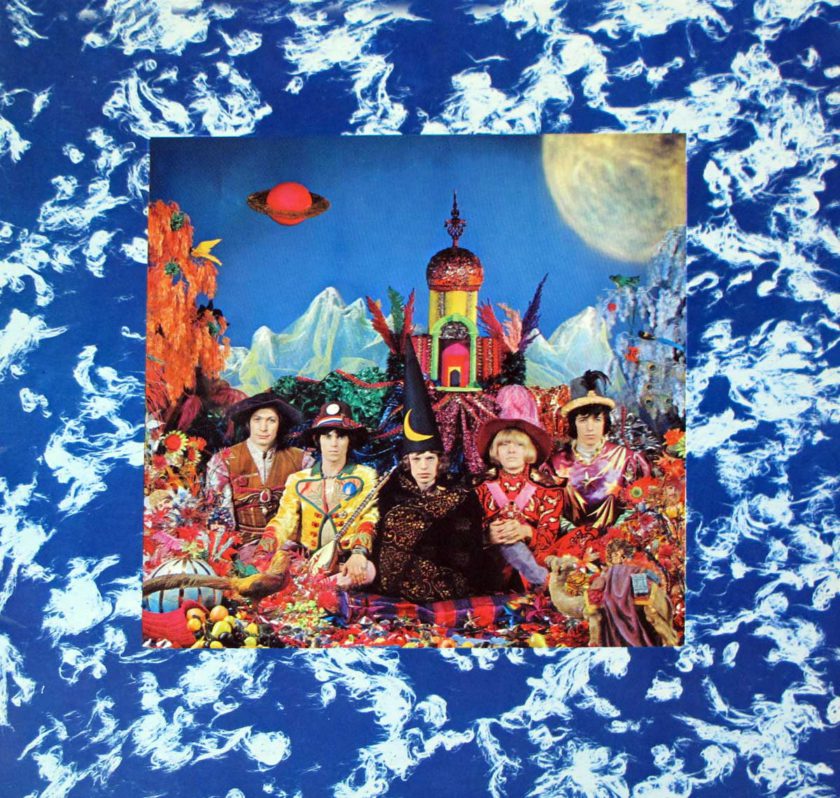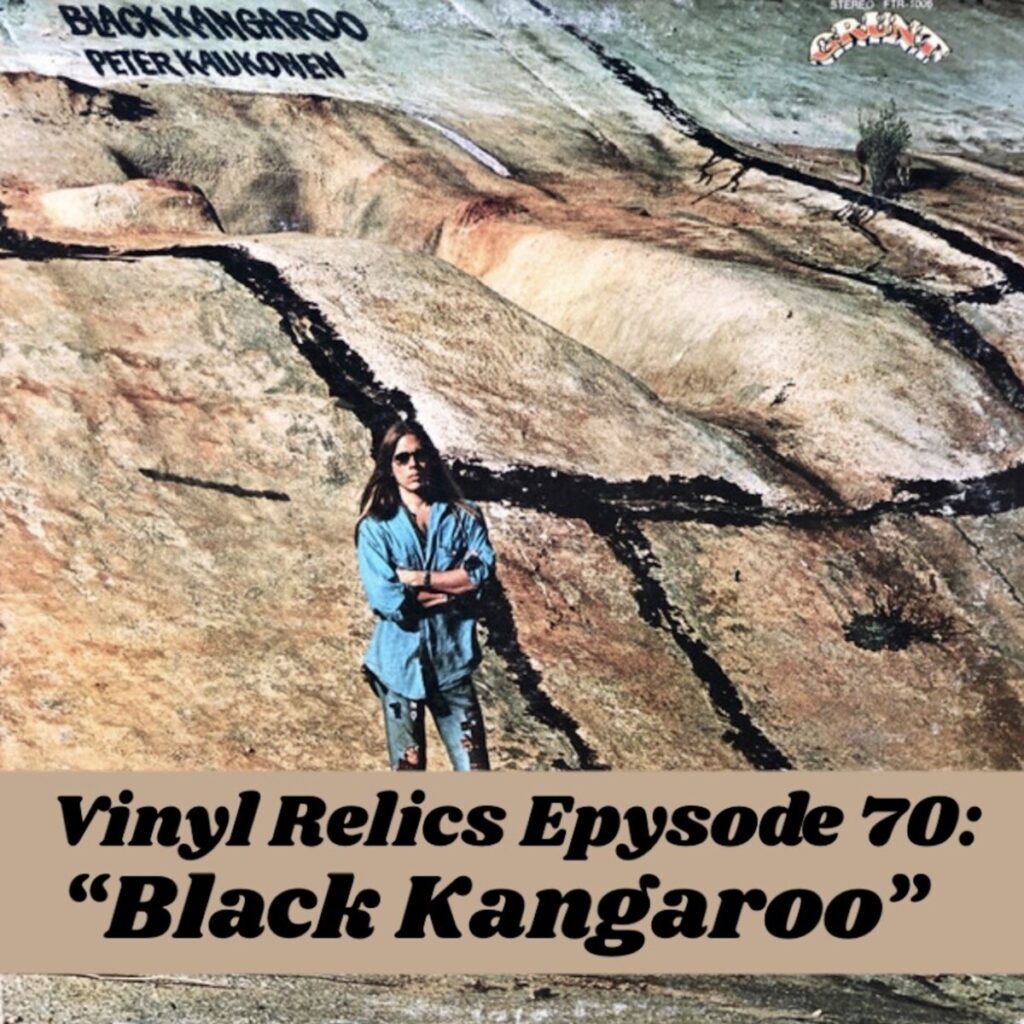The Psych Ward: Their Satanic Majesties Request Request by the Rolling Stones
The Psych Ward: Their Satanic Majesties Request Request by the Rolling Stones
Every band has a leader, a cute one, a smart one or (often) a work in progress. In the mid-1960s it seemed like several bands had their own local guru: The Doors had John Densmore, the Beatles had George Harrison and the Rolling Stones had Brian Jones (he likely being a work in progress too). Not a guru in the traditional “mountaintop sage” definition but a guru in the sense of being the band’s direct channel to the psychedelic world.
In the mid-1960s many popular rock bands were exploring their inner eyes, their spiritual sides and the lure of instruments not considered part of the rock canon. Sitars and mellotrons and strings and tablas and a whole host of groovy percussion instruments were being explored in recording studios all over the world. While The Beatles had George Martin and his enviable
Essentially a concept album before it was a regular thing, Their Satanic Majesties Request is a combination of song ideas and song concepts taken very far.
work ethic in their corner, the Rolling Stones at the time of Satanic Majesties (the name is a play on the text “Her Britannic Majesty requests and requires” text that appears inside British passports) had recently parted ways with Andrew Loog Oldham, their manager and producer.
Where the Beatles managed to record Revolver and Sgt. Peppers in mere months, the Rolling Stones took nearly all of 1967 to complete their psychedelic opus – and produced it themselves. Drug busts (the impetus for Loog Oldham’s departure), jail time and general disorganization seemed to be the order of the day for the sessions. As would be seen later on Exile on Main Street, the recording process rarely saw the whole band together on recording takes. Large entourages and hangers-on for Mick, Brian and Keith made for irregular production and little efficiency.
Essentially a concept album before it was a regular thing, Their Satanic Majesties Request is a combination of song ideas and song concepts taken very far. Beginning with “Sing This All Together” which recurs as a thematic divider again (as “Sing This All Together (See What Happens)”) you get the idea that the Stones – without a playground monitor – were in over their heads unsupervised and were struggling to deliver an album. Bill Wyman’s composition “In Another Land” (working title “Acid in the Grass”) was his own statement concerning the lack of focus and extra personnel in the studio. He even sang the lead vocal!
In spite of many a critic looking down on the record (Keith included), the enduring legacy of the legendary “She’s A Rainbow” and “2000 Light Years From Home” are testaments to the power of Mick and Keith’s crafty songwriting – despite the collective band’s best efforts to the contrary. While initially (and subsequently) derided for their change of style – seen by many as a copy of the Beatles psychedelic efforts on Revolver and Sgt. Pepper’s Lonely Hearts Club Band, Their Satanic Majesties Request was seen as the nadir in an otherwise productive era. The arrival of Jimmy Miller as producer for subsequent records marked a return to the Stones’ blues roots and more importantly – a return to form.
Related: The 100 Best Psychedelic Rock Album of the Golden Age
The Top 2oo Psychedelic Songs from the Original Psychedelic Era
Gallery
Recent Articles
Vinyl Relics: Black Kangaroo by Peter Kaukonen
•
February 21, 2026
Podcast–Carlos Tanner
•
February 18, 2026

Loading...



